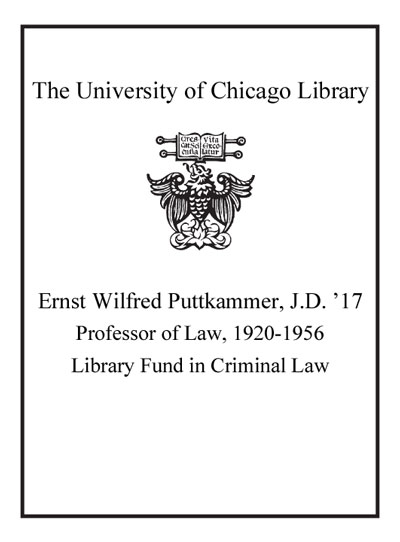Review by Publisher's Weekly Review
A British lawyer long involved in human rights observations and tribunals, Robinson writes of the history and the contemporary politics of international human rights. He devotes a chapter each to the history of human rights law; the case of General Pinochet; the "Guernica Paradox" (that is, bombing in the service of human rights); the International Court; and recent events in the Balkans, East Timor, Latin America and the U.S. An unabashed supporter of international military intervention, Robinson puts individuals' rights above the right of national sovereignty. Passionate almost to a fault, he occasionally even argues that morality, the defense of human rights, should supersede the rule of international law. To his credit, he is consistently willing to criticize all sidesÄand he does criticize the U.S. Congress (for what he says is its occasional desire to place U.S. interests above international human rights), U.N. Secretary-General Kofi Annan (for what Robinson considers his occasional incompetence) and anyone who'd excuse human rights violations in the name of cultural relativism. The author's disgust with the U.N.'s inaction leads him to propose that the human rights community form a separate organization to deal with the issue. At times, Robinson's intense focus on law may blind him to important holes in his argument. But overall, this is an erudite book that adds sophistication to the debate on a crucial subject. (Aug.) (c) Copyright PWxyz, LLC. All rights reserved
(c) Copyright PWxyz, LLC. All rights reserved
Review by Library Journal Review
The author, a distinguished British barrister, has written a complex and demanding account of the developing regime of international human rights. Specifically, he focuses on the "struggle" (as the subtitle says) to hold accountable those who use state sovereignty as an exculpatory defense of government acts of repression, torture, and genocide. He also explains the gradual transformation of the ideals of the 1948 Universal Declaration of Human Rights into domestic law through international covenants. Much of this task remains to be completed, and Robertson is not the first to comment on the significance of the Hague Tribunal concerning former Yugoslavia or even the recent case involving Chilean dictator General Augusto Pinochet. Nevertheless, his account is told with abundant detail, rigorous analysis, and tenacious advocacy. Robertson is especially critical of the Pentagon for opposing recent efforts to create an effective international criminal court and the right-wing advisers of Gen. Douglas MacArthur for preventing a trial of Japanese Emperor Hirohito. This book balances an optimistic prognosis for the recognition of human rights with an acknowledgment that no leadership of a major power will likely be held accountable for their violation. Recommended for academic and larger public libraries.DZachary T. Irwin, Behrend Coll., Pennsylvania State Univ., Erie (c) Copyright 2010. Library Journals LLC, a wholly owned subsidiary of Media Source, Inc. No redistribution permitted.
(c) Copyright Library Journals LLC, a wholly owned subsidiary of Media Source, Inc. No redistribution permitted.
Review by Publisher's Weekly Review
Review by Library Journal Review

